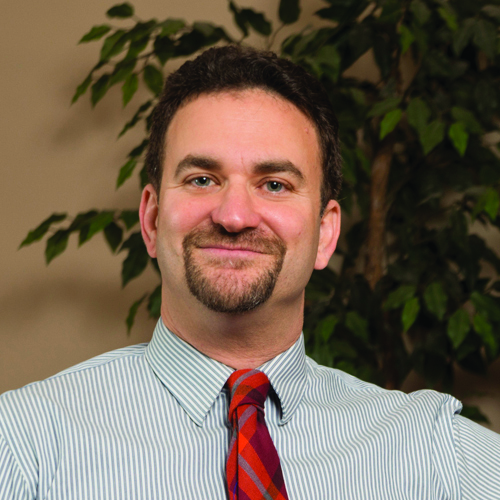The Liberating Arts: You are a weirdo

You are a weirdo.
You talk, read, write, dress, sing, dance, socialize, move, pray, eat, drink, sleep differently than almost everyone who has ever lived on earth. You look, sound and smell funny too.
The good news is that you’re not alone. In fact, being a weirdo is part of what it means to be a person in the twenty-first century. The bad news is that most people don’t know they’re weirdos. That’s where studying world history gives you a real advantage over all the other weirdos.
First of all, when you study world history—or world politics, culture, economics, art, music, religion, human ecology, etc.—you figure out very quickly that your home is very different from most everyone else’s homes. We live in a world with 7.3 billion people in it, and the U.S. population is a mere 324 million—just 4% of the earth’s people. You are different from 96% of the people on the planet.
You’re also a weirdo by U.S. standards. Tennesseans make up only 2% of the population of the USA. Even the total population of all the Southern U.S. States combined constitutes only about a third of the U.S. population—and that’s including Texas, which is, of course, full of weirdos. This entire group of Southerners are only 1.6% of the world’s population, and only one out of a thousand people on earth is a Tennessean.
But your weirdness runs much, much more deeply than simply being one in a thousand. When you study the history of the world, you also learn that those of us who live in the industrialized twenty-first century world live extraordinarily weird lives when compared to those from the vast majority of generations that preceded us.
You get your water not by scooping it out of a river or well, but by turning a handle on a faucet. You get meat not by slaughtering, gutting, skinning and dismembering the family goat, but by swiping a piece of plastic with a magnetic strip on it in exchange for a piece of pre-cut animal muscle encased in foam and plastic wrap.
You move around on a network of flattened pathways, navigating a metal box that’s powered by tiny explosions that are fueled by the bodies of algae and zooplankton that died millions of years ago. You can communicate instantaneously with people halfway around the world. You can read, listen to and learn new languages without even getting up from your chair.
Technological weirdness is only part of the story. You also think differently about how society is set up. You know that kings are not man-gods but regular people. You know that women are people and citizens with full legal rights. You believe that people should gain their positions in society based on their merit, not on the conditions of their birth.
You know that a good government’s authority comes from the people and a transparent framework for government called a constitution. In different times and places, publicly stating any of the social truths mentioned above would not only have seemed weird; it could have gotten you tortured and killed.
A liberal arts college education is about challenging your assumptions. That means understanding that the things that seem “normal” are anything but. Everyone lives in a specific place at a specific time, but knowing the ways in which you are different from others is a major step in understanding how much bigger and older the world is than you thought it was.
A liberal arts education means not taking others at their word for how things have always been, but actually investigating those questions for yourself. That process starts with understanding the ways in which you are different, both in time and in space.
When you study the broad scope of human history and geography, you start to get that you are part of something much bigger than yourself. Yes, you’re still a weirdo. But you also know you’re a weirdo. Understanding this fact is the first step in freeing yourself from the assumptions that keep you in your own tiny, weird world.

